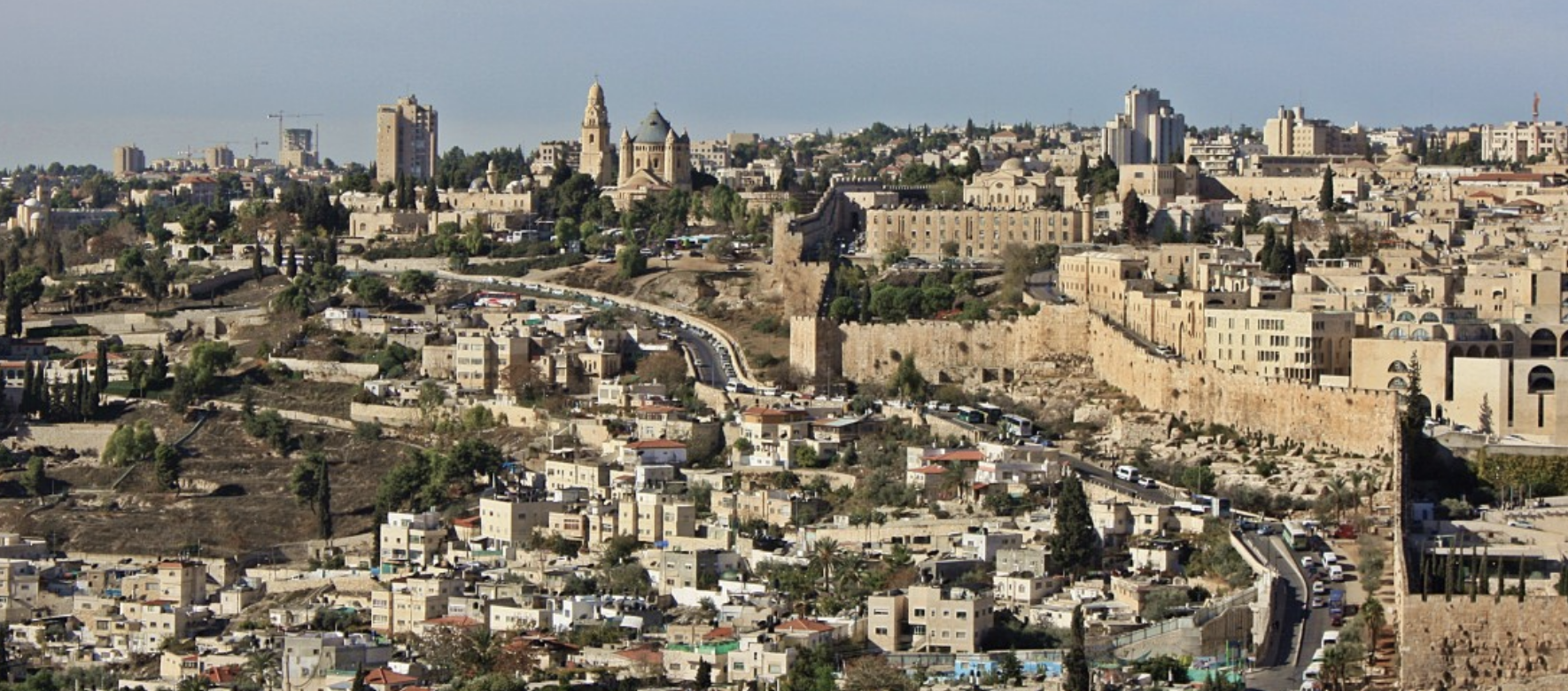The Middle East is structurally fragile from the point of view of its food security. Before Covid-19, 12% of the ANMO population was undernourished and in 2020, 20% of the world's severely food insecure people were from the ANMO region. In 2022, the global food security index places Syria in last position (113th), while Egypt is in 77th position, Jordan 47th and Israel 24th.
The ongoing conflict is exacerbating tensions in the agri-food sector.
In the Gaza Strip, the olive harvest season, which runs from October to November, is compromised in areas where farmers can no longer access their land. In the enclave, which already depended on food aid before the conflict, the state of water and food stocks is catastrophic. The entry of trucks via the Rafah border post is largely insufficient (650 trucks between October 21 and November 8, compared to a pre-conflict average of 500 trucks per day).
The only mill in the Gaza Strip is shut down due to lack of electricity and all bakeries are closed in the north of the enclave. In southern Gaza, the difficulties of accessing water and food are similar. According to OCHA, bread is distributed intermittently, and water from Egypt “meets only 4% of residents’ daily water needs.”
In the West Bank, expropriations of Palestinian farmers have accelerated since the start of the conflict; orchards and olive groves have been razed by Israeli settlers. Although commercial exchanges continue as much as possible, their fluidity deteriorates due to difficult internal mobility. The agri-food sector is also at a standstill due to the absence of raw materials and electricity.
In Israel, agricultural production is strongly affected by the conflict, due to the inability to access farms in the South and North of the country, but also due to the lack of labor. The army has banned almost all agricultural activity within a 7 kilometer radius of the Gaza Strip while the potato planting season takes place in this area nicknamed the “vegetable barn”.
The situation is also critical in the north of the country, where a 5 km strip along the border has been evacuated.
Farms in this area produce 40% of the country’s subtropical fruits and around 50% of its eggs. An increased shortage of labor is at work. The agricultural sector employed 74,000 people in 2021, including 30,000 foreign nationals, 8,500 of whom have left Israel since the start of the war. Furthermore, 9,000 Palestinians employed in Israeli agriculture are no longer allowed to work. The Israeli government is increasing diplomatic contacts to bring in agricultural workers, particularly from Asia.
In Lebanon, in addition to the evacuation of the border area which compromises the olive harvest, Israel’s use of white phosphorus bombs in southern Lebanon is said to have caused around a hundred fires, destroying some 462 hectares of wooded land, as well as only 20 hectares of olive groves and agricultural land.
Source French Embassy in Jordan








Réagissez à cet article